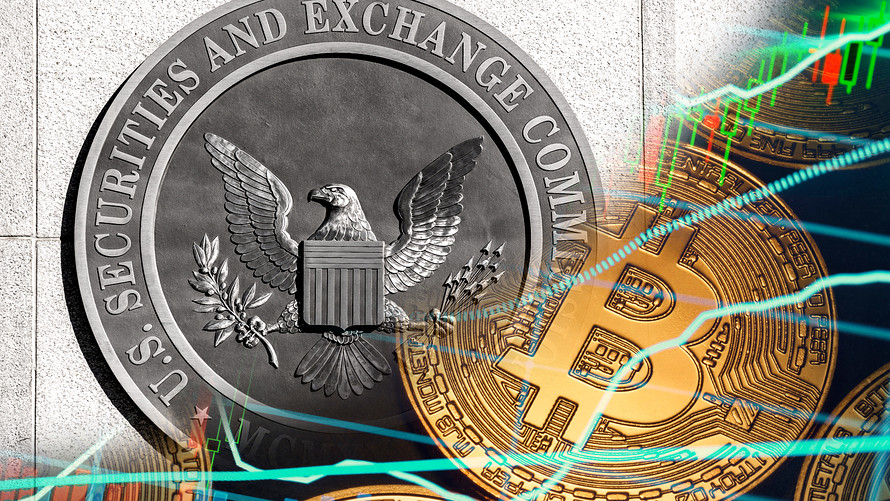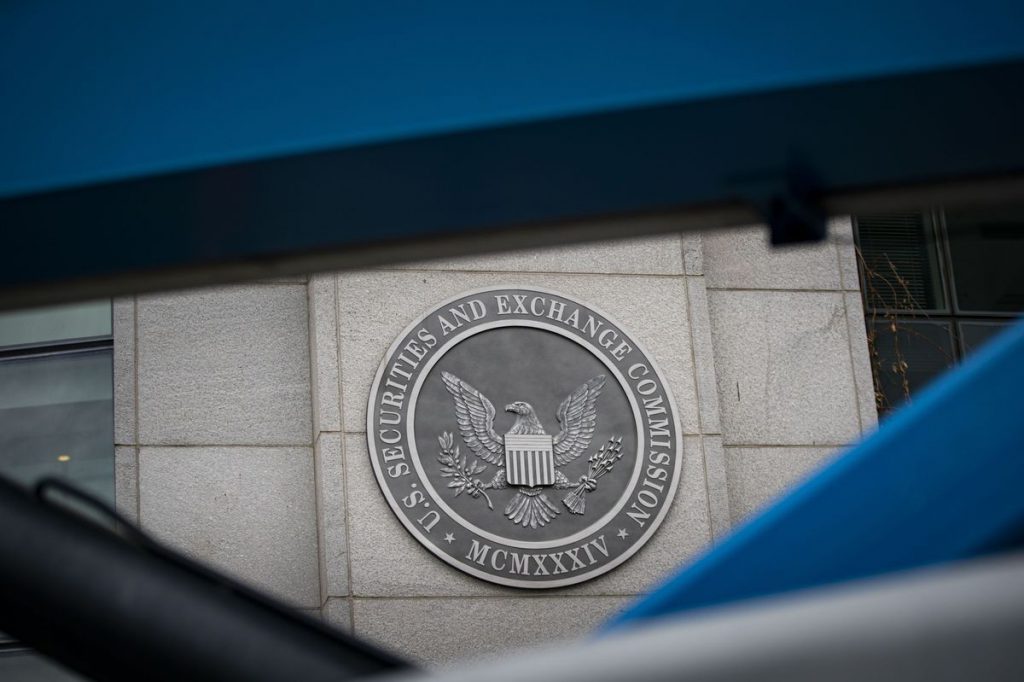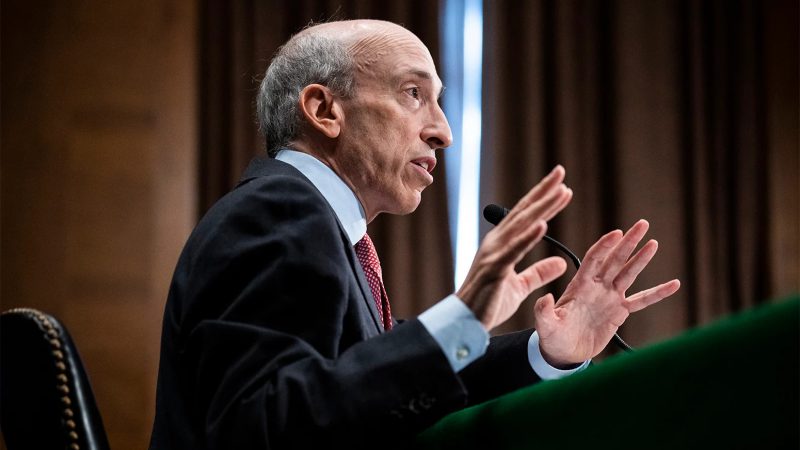In an article published in Fortune, Ripple General Counsel member Stuart Alderoty urges Congressional oversight of the SEC. As 2022 marked a year of controversy for the industry, Alderoty questions just what role the U.S. Securities and Exchange Commission had in the year’s events.
The year was marked by so many bankruptcies, company collapses, and criminal proceedings. There comes a point when the regulatory authority must be held accountable. Have we reached that point? Moreover, at what point must Congressional intervention be a necessity?


SEC Role in Crypto Collapse
There is no understating of just how difficult the past year has been for cryptocurrency investors. No one was safe from the plummeting price of digital assets. This dire situation was compounded by a remarkable number of collapses. Fraud was also unearthed on a number of platforms.
This is also where Ripple’s counsel member Stuart Alderoty’s examination of potential Congress oversight of the SEC begins. The year saw prominent cryptocurrency names BlockFi and FTX file for bankruptcy, with those fillings showing “Significant financial exposure,” according to Alderoty.


Moreover, with FTX’s fraud uncovered, equating to a plethora of criminal charges, Alderoty examines the SEC’s potential role in the events. Through this, he notes that BlockFi, who has proven not complicit in FTX’s frauds, owes $30 million to the SEC as part of a massive $100 million settlement.
Is Congressional Intervention Necessary?
Because the financial situation of BlockFi is entangled with FTX, consumers are left on the hook with no real solution. Yet, Alderoty notes that the SEC collected fines from BlockFi, and the funds could be used to recoup users.
Alderoty remarks, “The SEC does not have free reign to make new loans and it does not have the expansive jurisdiction over crypto that it purports to have.” Furthermore, the SEC filed civil charges alleging securities fraud by FTX and claimed their authority in the digital asset sector in the press release.


Ultimately, Alderoty points to the two-year ongoing litigation between Ripple, where he is on the General Counsel, and the SEC. This fight, according to Alderoty, is surrounding “fundamental questions about the limits of SEC’s jurisdiction.” Conclusively stating that,
“The SEC can only exercise the authority expressly granted to it by Congress.”
There is no denying that Alderoty does have a point. He adds that Congress has rightfully begun taking steps in confronting the SEC’s performative acts. Nevertheless, a path forward must come with legitimate attempts at change through Congressional action.





